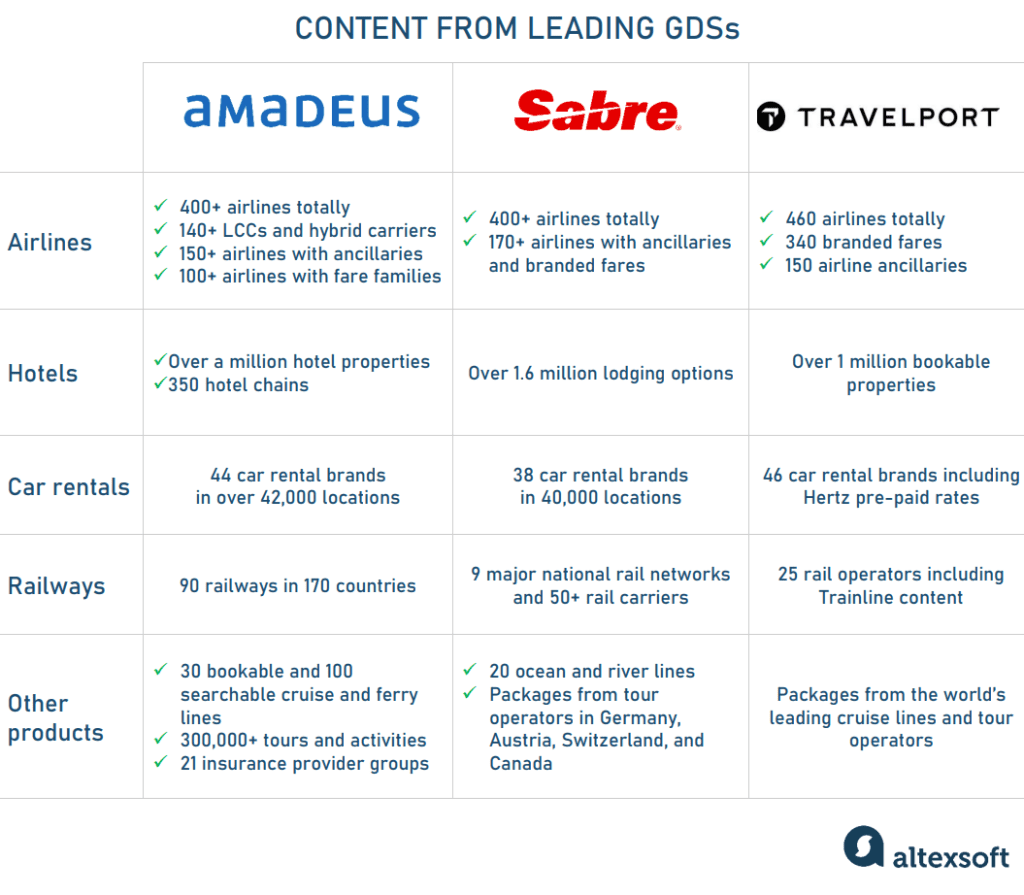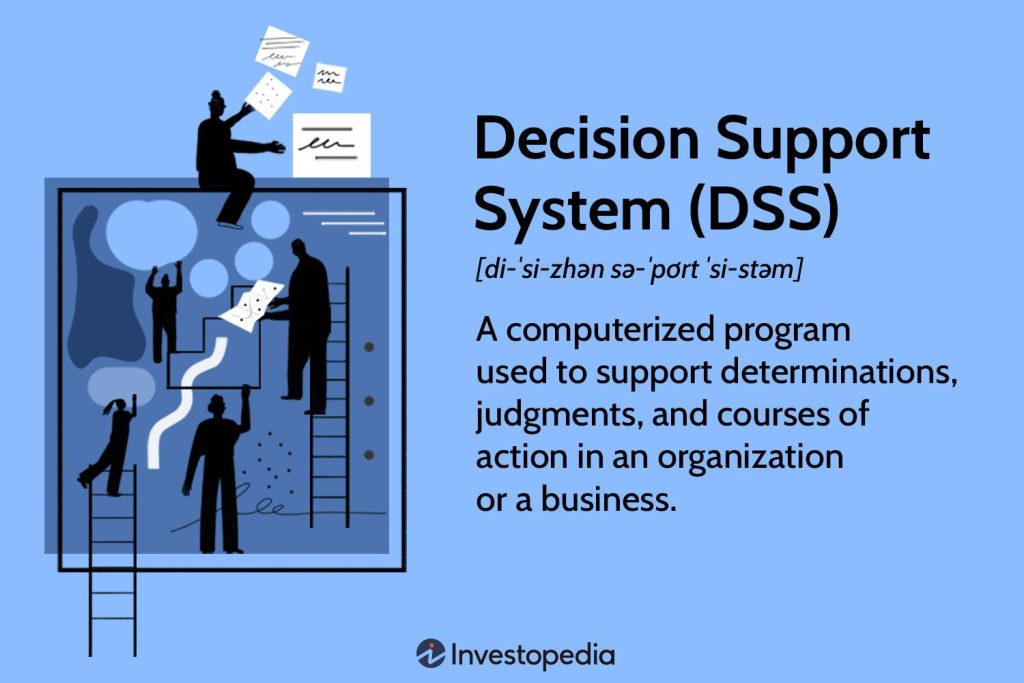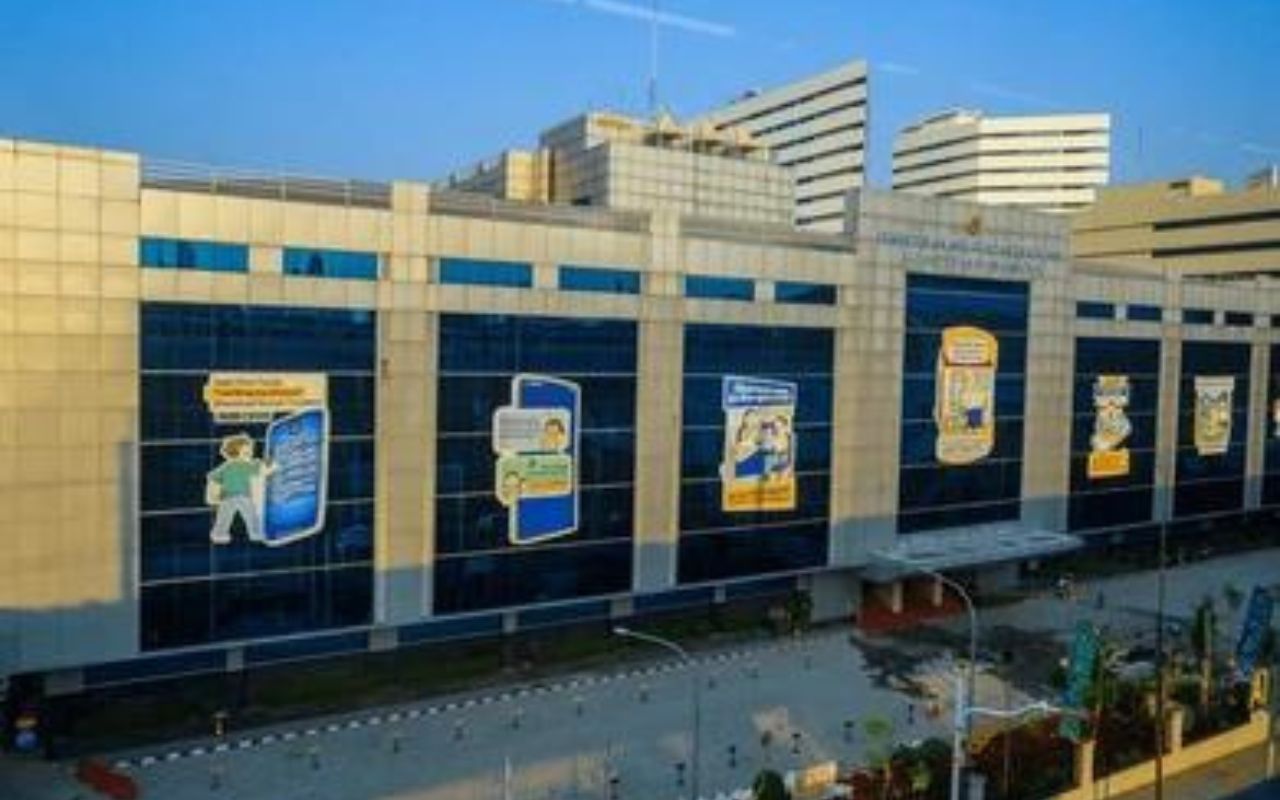The inventory system used by travel agencies abbreviation is Computer Reservation System. CRSs assist agencies in managing and booking travel services efficiently.
Travel agencies often rely on sophisticated inventory systems to streamline their operations. These Computer Reservation Systems (CRS) are digital hubs for accessing airline flights, hotel rooms, and car rental services. By integrating various travel services into one platform, CRSs enable agents to find the best deals for their clients quickly.
Implementing a CRS boosts productivity by reducing the time spent on individual reservations and enhancing the customer experience with faster response times. As a pivotal tool in the travel industry, a CRS helps agencies efficiently manage complex travel itineraries, ensuring all aspects of a client’s journey are accounted for seamlessly. Inventory System Used by Travel Agencies Abbreviation.
In the contemporary landscape of travel agencies, efficiency and precision are paramount. Enter the User-Input Inventory System, a robust tool to revolutionize how travel agencies manage their resources, bookings, and customer interactions. This comprehensive guide aims to delve deep into the workings of this system, elucidating its functionalities, benefits, and indispensability in the travel sector.
Unpacking The Travel Agency Inventory System
Unpacking the Travel Agency Inventory System Used by Travel Agencies Abbreviation reveals how travel agencies manage vast amounts of travel products. These systems create smooth experiences for travelers. Complex components and functions come into play. Let’s dive into the inner workings of these systems.
Core Components
The inventory system of a travel agency is the brain of its operations. This system has several essential parts:
- Accommodation Database – A list of hotels and stays.
- Transport Inventory – Details on flights, trains, and buses.
- Package Combinations – Customized travel bundles.
- Dynamic Pricing Module – Updated costs for various services.
- Reservation Interface – The system to book travel elements.
Functionality And Purpose
The travel agency inventory system exists for several reasons.
- Organizes Products – It keeps travel options in order.
- Automates Bookings – It books trips with a few clicks.
- Manages Pricing – It adjusts prices based on demand.
- Tracks Availability – It shows what’s ready to book.
- Enhances Customer Experience – It makes travel planning easy.
These systems require regular updates. Agencies rely on them to provide accurate information to travelers. A robust system means happy customers and smooth journeys.
Abbreviations In The Limelight And Inventory System Used by Travel Agencies Abbreviation

Travel agencies often employ complex systems to handle bookings and itineraries. Understanding the shorthand can be challenging. This section uncovers the acronyms and jargon commonly used in the Inventory System Used by Travel Agencies Abbreviation.
Inventory system used by travel agencies abbreviation>
Travel agencies often utilize an inventory system known as the Computer Reservation System (CRS), a vital tool for managing bookings, accommodations, flights, and other travel-related services.
CRS allows agencies to access real-time information about availability, prices, and schedules, streamlining the booking process for agents and providing customers with accurate and up-to-date options.
By utilizing CRS, travel agencies can efficiently manage their inventory and offer tailored travel solutions to their clients, enhancing overall customer satisfaction and operational efficiency and Inventory System Used by Travel Agencies Abbreviation.
Common Acronyms
Acronyms simplify lengthy terms. Here are frequently used ones:
- GDS – Global Distribution System
- CRS – Computer Reservation System
- PMS – Property Management System
- IATA – International Air Transport Association
- OTA – Online Travel Agency
Deciphering The Jargon
Let’s break down these terms:
Abbreviation Meaning
GDS Connects services like flights and hotels
CRS Software for managing reservations
PMS Tracks hotel operations and guest services
IATA Sets standards for airline safety and procedures
OTA Website for booking travel services
Tech Behind The Terms
Understanding the abbreviations used in travel agencies unlocks a world of efficiency. An Inventory System is vital for tracking, managing, and allocating travel products. These systems use advanced technology to streamline operations. Travel agencies rely on this machinery for success. Let’s reveal the tech that powers these terms.
Ear accessories that look like dots>
Ear accessories resembling dots, commonly known as stud earrings, offer a subtle yet stylish way to accessorize. These petite adornments come in various materials, such as gold, silver, or even gemstones, adding a touch of elegance or playfulness to any outfit.
Their minimalist design makes them versatile for casual and formal occasions, and their small size ensures comfort for prolonged wear. Whether adding a hint of sparkle or a pop of color, dot-shaped stud earrings are a timeless accessory choice that can effortlessly elevate any look with understated charm.
Software Solutions
Travel agencies employ sophisticated software for inventory management. These tools manage bookings and availability in real time. Think of it as the brain of a travel agency. It keeps all travel products organized. Below are vital features they include:
- Real-time tracking of flights, hotels, and tours.
- User-friendly interfaces for swift navigation.
- Data analysis tools for informed decisions.
Integration With Reservation Systems
Integration is critical for smooth operations. Inventory System Used by Travel Agencies Abbreviation connects with reservation platforms. This makes booking seamless. For example, a hotel room booked in seconds. This integration allows for:
- Quick reservation updates to the inventory system.
- Synchronized data across all channels.
- Efficient management of customer itineraries.
Impact On Customer Experience
An efficient inventory system in travel agencies drastically enhances the customer experience. Such systems allow travel agencies to manage bookings and packages better. A happy traveler is the result of a smooth planning process. View the home page link.
Streamlined Booking Process
A well-integrated inventory system speeds up the booking process. See immediate benefits:
- Real-time availability> Quick view of open spots for flights and hotels. No more waiting.
- Faster transactions> Easy payment process with fewer clicks. Save time for what matters.
- Automatic confirmations> Instant booking confirmations via email.
All these steps ensure a seamless and stress-free booking experience.
Personalized Travel Packages

An advanced system tailors packages to personal tastes. Enjoy trips molded to your interests:
Feature Benefit
Intelligent Recommendations Suggestions based on past trips and preferences.
Flexible Itineraries Alter plans easily for a unique experience.
Add-on Services: Choose extras for a more comfortable journey.
Customers love a journey that feels specially designed for them.
Future Trends In Inventory Management
Travel agencies must constantly evolve their inventory systems. New technologies are shaping the way they manage their offerings. With advancements such as AI and predictive analytics, travel agencies are set to witness a transformation in managing inventory effectively. These technologies aim to optimize resource allocation, reduce costs, and improve customer experiences. Let’s explore how these future trends will revolutionize inventory management and Inventory System Used by Travel Agencies Abbreviation.
Understanding the User-Input Inventory System
The User-Input Inventory System serves as the backbone of operations for travel agencies, facilitating seamless management of inventory, bookings, and customer data. By leveraging advanced algorithms and user inputs, this system optimizes resource allocation, enhances customer satisfaction, and streamlines administrative tasks.
The Significance of User-Input Inventory Management
Efficient inventory management is pivotal for the success of any travel agency. The User-Input Inventory System Used by Travel Agencies Abbreviation empowers agencies to maintain real-time visibility into their inventory, promptly responding to customer demands, optimizing resource allocation, and mitigating overbooking or underbooking scenarios.
Enhancing Customer Experiences through Personalized Bookings
One of the hallmark features of the User-Input Inventory System is its ability to facilitate personalized bookings based on customer preferences and requirements. By analyzing past behavior and preferences, this system recommends tailored travel packages, accommodations, and activities, enhancing customer satisfaction and fostering loyalty.
Optimizing Resource Allocation and Maximizing Revenue
Effective resource allocation is essential for maximizing revenue and minimizing operational costs in travel agencies. The User-Input Inventory System utilizes sophisticated algorithms to optimize resource allocation, ensuring that every seat, room, or tour is used to its fullest potential, maximizing revenue generation opportunities.
Leveraging Data Analytics for Informed Decision-Making
Data-driven insights are invaluable assets for travel agencies seeking to stay ahead of the curve in a competitive market landscape. The User-Input Inventory System harnesses the power of data analytics to provide agencies with actionable insights into customer behavior, market trends, and operational efficiencies, empowering them to make informed decisions and strategic adjustments.
Addressing Challenges and Overcoming Obstacles
While the User-Input Inventory System offers many benefits, it has challenges. From technical glitches to data security concerns, travel agencies must navigate various obstacles to harness this system’s potential fully. However, these challenges can be mitigated with proper training, robust cybersecurity measures, and continuous refinement.
Artificial Intelligence Use Cases
Artificial intelligence (AI) stands as a game-changer in inventory management. AI-driven systems can learn from data to automate complex tasks.
- Chatbots for customer inquiries save time and resources.
- AI algorithms predict demand, ensuring optimal stock levels.
- Machine learning enhances supplier selection, reducing costs.
These use cases not only streamline operations but also enhance decision-making capabilities.
Predictive Analytics For Inventory Control
With predictive analytics, travel agencies can foresee trends and adjust inventory accordingly. This approach leans on historical data to predict future outcomes.
Travel agencies benefit from this as it:
- Reduces overstock and stockouts with enhanced accuracy.
- Cuts down waste, enhancing profitability.
- Forecasts customer preferences, allowing for tailored offerings.
Integrating predictive analytics with inventory systems ensures an innovative and efficient approach to supply chain challenges.
Frequently Asked Questions For Inventory System Used By Travel Agencies Abbreviation
Which Inventory System Is Used By Travel Agencies?
Travel agencies commonly use computerized reservation systems (CRS) to manage and track their inventory of travel products and services.
What System Do Travel Agents Use?
Travel agents typically use Global Distribution Systems (GDS) like Amadeus, Sabre, and Travelport to book flights, hotels, and car rentals. They also utilize Customer Relationship Management (CRM) software to manage client information and preferences.
What Is A Travel Inventory?
A travel inventory consists of all the available travel services and accommodations a Company offers, such as flights, hotels, and car rentals. This collection is essential for managing bookings and availability within the travel industry.
What Are The Two Main Types Of Travel Agents?
There are two main types of travel agents: leisure travel agents specializing in vacations and corporate travel agents focused on business travel needs.
How does the User-Input Inventory System improve operational efficiency?
The User-Input Inventory System streamlines administrative tasks, automates booking processes, and optimizes resource allocation, enhancing operational efficiency and productivity.
Can the User-Input Inventory System accommodate last-minute changes or cancellations?
Yes, the system is designed to adapt to dynamic changes in inventory and bookings, allowing travel agencies to quickly and precisely accommodate last-minute changes or cancellations.
What measures are in place to ensure data security and privacy within the User-Input Inventory System?
The system employs robust encryption protocols, access controls, and data encryption techniques to safeguard sensitive information and ensure compliance with data privacy regulations.
How does the User-Input Inventory System contribute to customer satisfaction and loyalty?
The system enhances customer satisfaction and fosters long-term loyalty by offering personalized recommendations, seamless booking experiences, and timely responses to customer inquiries.
**Is the User-Input Inventory System scalable

Conclusion
Navigating the complex world of travel agency inventory systems can be manageable. By familiarizing yourself with the standard abbreviations, you streamline operations and enhance client satisfaction. Embrace these tools to ensure your agency stays ahead in a competitive market.
Always remember that the correct system is out there to support your success.

I am a travel specialized writer and blogger based in the USA and UK, CANADA. I have four years of experience in travel and all types of tours. So I work on solving these issues and give various tips on these issues. I handling carefully of these issues.

